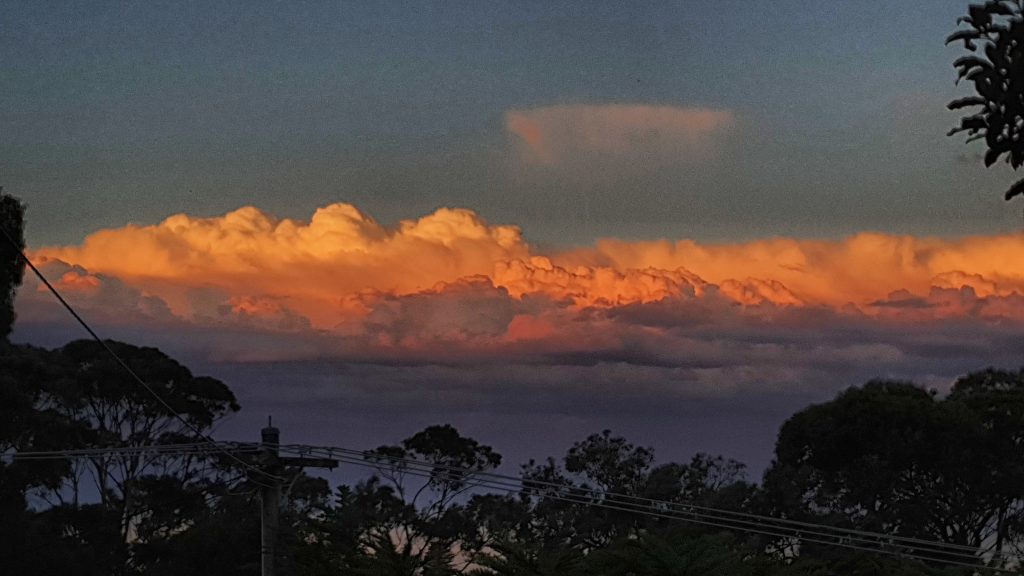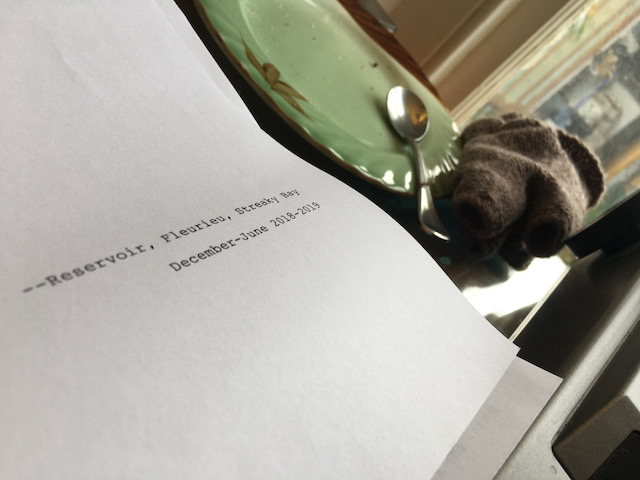Friends and Three Friends
My new novel, The White Library, is out everywhere now. It’s a pity there is no paperback; still, digital can be something better these days. So far, people seem to like it. There’s an excellent review from Ian Mond in Locus and a five star review on Amazon by somebody who ought to know, a librarian. I must get get off my arse and make sure that the next novel will get read. That one is called Three Friends. It’s been sitting around pretty much finished without me approaching publishers. (Covid. Moving house. Building a house.) At last, on the Surf Coast, I can think.
What is it about? First attempt at a pitch. <clears throat>
Three Friends is subtitled a massive conspiracy. That kind of does it, I reckon, because it is, and if I saw that it would grab me. If you look at the fact that it’s an “anti-anti-utopia”, as Kim Stanley Robinson has recently described the mode, set in the near future, you might think that politics is what motivated me, but it’s more like a reflection on what my work has been over the years. A collision of two things. Quite incidentally, I’ve been looking for an agent recently and, collecting reviews, having to read them, I must admit reviewers have for decades picked up my preoccupations.
My work is always about friendship. Groups of friends. Told in natural dialogue.
In the Locus review, Ian Mond wrote, about the plot of The White Library,
I will say it features a romance as heartfelt, genuine, and unconventional as anything you’re likely to encounter in literary or genre fiction.
Which, apart from being embarrassingly kind, echoes Martin Livings in Eidolon nearly thirty years ago, talking about The Weird Colonial Boy. He uses the words,
Voermans’ second novel has a kind of open-hearted sincerity that makes Adams’ Mostly Harmless look like a cynical marketing ploy.
It goes on in a still more embarrassing vein, the kind of review you wish everybody read. (Thank you Martin Livings!)
The point is, I think it’s driven by the dialogue.
I’m motivated by what are essentially poetic images. At least one has to settle before I begin to write. There is a doozy in this one. Yet, what brings this down to earth is the way people speak and what surprises and delights me and if I am honest is one big reason I write: even those people in my novels who may start out “unsympathetic” are never only that. They turn around and do—such things! And the sympathetic can be more than flawed. All in their words. I have an urge to inscribe what I see as ordinary existence into the—frankly—whacko plots and ideas in my work. Don’t know why. It’s something I have in common with Samuel Delany and is probably more what attracted me to his work than a lasting influence. Even in the Neolithic, a character is close miked and you can hear coloratura, feel bass growl. Such influence is hard to tease out, though, obviously, when he’s such a genuine superhero to the whole field. And I love Hemingway dialogue as well, whatever else he may have done. Le Guin I admire as much, but there is none of those qualities in her dialogue. It’s complicated.
So, character. But where are the limits to naturalism? Written before the pandemic, Three Friends takes off from such an MO at the points language will break down, like suicide, childhood sexual abuse, loneliness. Rhythm changes, as Jerzy Grotowski pointed out in Towards a Poor Theatre. So each character has a style of non-prose—poetry, if you must. Three Friends is part-autobiography, a reaction to a workplace with HR that promotes “mindfulness” as if the workplace and world are not dysfunctional. And I have to say it is an anti-dystopia set in Melbourne; it’s also made of my life.
When will we see it? Perhaps next year! Oh, and here’s some Surf Coast, our new front yard view:

Next interruption will be moving to Gippsland.
